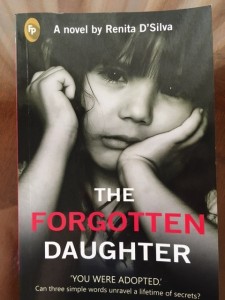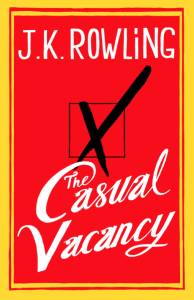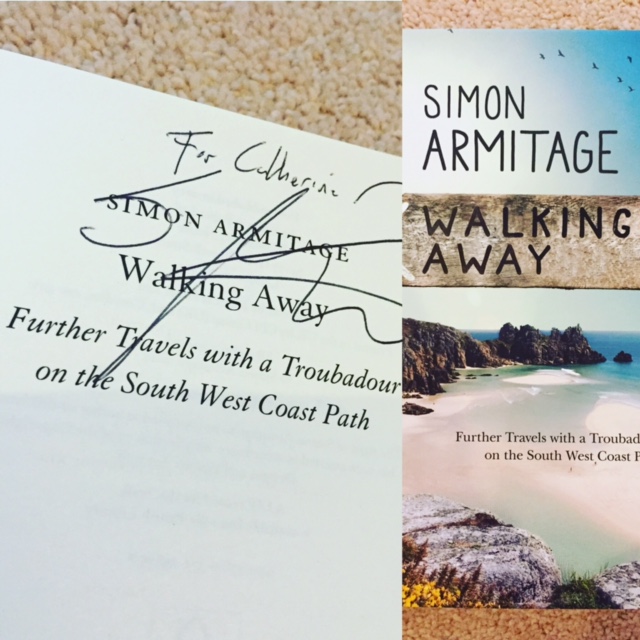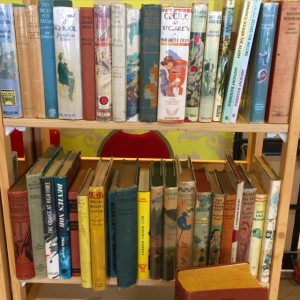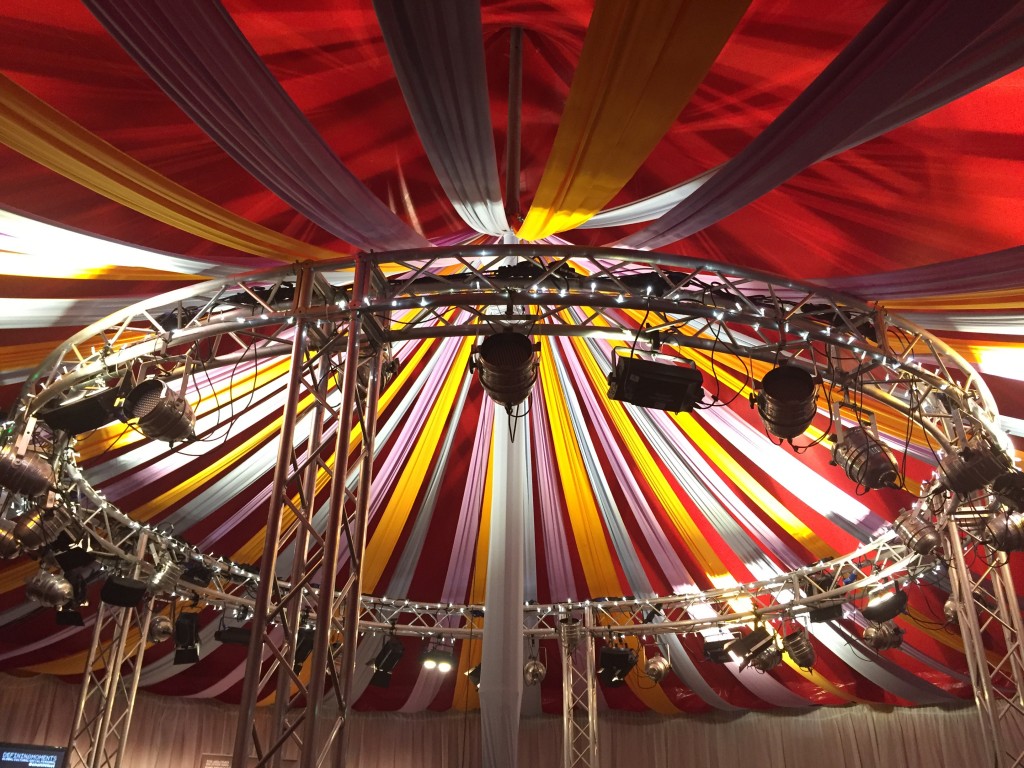During the last few weeks I’ve probably handled more hard copy books than I usually pick up in a year. As I try to get my baby interested in books I remember all the books I read and loved as a child. Here are some of my favourites.

The Ladybird ABC book – the first book I had as a child, and the book that (alongside my parents, of course!) taught me to read. I’m told I was a ridiculously early reader (I don’t remember learning), and my mother credits this book, where you can clearly see not only the letter, but the letter within the word and the picture all on the same spread. It didn’t take me long to make the connection between the big ‘a’ and the smaller ‘a’ within the word ‘apple’.

Enid Blyton’s The Magic Faraway Tree. Blyton gets dissed a lot but I loved Dick and Fanny – not to mention Bessie and Joe. My view might be slightly coloured by the gorgeous illustrations in this edition, though. They are lush, and perfectly complement the trippy stories about a tree with its topmost branches touching a rotating carousel of magical lands, all with different, weird and wonderful themes. The tree’s inhabitants include a man with the moon for a head and a man who wears a suit made out of saucepans. What’s not to love?

At the risk of wallowing in a Blyton nostalgia-fest I was also a big fan of Little Noddy. I didn’t notice the racist golliwogs at the time; I was just captivated by Noddy and his red and yellow car. The image above is from Noddy Goes to the Seaside.

Cicely Mary Barker’s Flower Fairies series is just delightful, and another series which is made by its illustrations. The charming poems also teach facts about each of the flowers; facts which are made more memorable by being cloaked in whimsical verse. Perfect if you don’t want girlie pinkified fairies for your daughter (some of the ‘flower fairies’ are male, and none of them sparkle) but don’t want to completely abandon magic.

He’s very topical at the moment thanks to the recent film (and a forthcoming one in 2017), but I’ve been a fan of Paddington Bear since childhood. The dry, straight-faced humour appeals to children and adults alike, and Michael Bond also pulls off a slapstick line of physical comedy which is very hard to do in writing. And who wouldn’t love to be able to do Paddington’s trademark hard stare?

When she’s older, I hope my daughter will, like me, come to love Anthony Buckeridge’s Jennings books, White Fang by Jack London and The Shadow in the North by Philip Pullman. The world of an all-boys boarding school might be dated, but it has a beguiling innocence and some laugh-out-loud moments. Throughout the decades, kids haven’t fundamentally changed and they have always got up to ‘mischief’. Philip Pullman needs no introduction … White Fang is not only a firm favourite but also a gateway to the harder-hitting, more adult Tales of the Klondike, which I read as a teenager and would heartily recommend. It taught me one thing – never light your fire underneath a snow-covered tree. The snow will melt and drop on your fire, smothering it and leaving you to die in the frozen wastes. You’re welcome.

It might be an obvious, some would say cheesy, choice, but I’ve jumped enthusiastically on the Harry Potter bandwagon and can’t wait to read J. K. Rowling’s famous series to my daughter. Robert Westall’s The Machine-Gunners is also a classic these days, I believe (that makes me feel old!) and I love his down-to-earth style. There are quite a few lesser-known Westall books for my daughter to discover, including The Wind Eye and his collection of short horror stories for adults. My ‘wild card’ is the Jinny series of horse stories by Patricia Leitch, which are as far from middle class pony club romps as it’s possible to get and still involve horses. When I was younger I wanted to be the feisty, red-haired Jinny and to ride as fearlessly as she did. Each book (there are twelve) has a horse-related storyline together with a more meaningful facet to the plot where our heroine discovers more about herself and gradually becomes a less selfish and more respectful person who cares about the world around her.
There you go – my pick of books for young and older children. Some of these are obvious, but I hope some of you benefit from the more obscure recommendations. And if my daughter doesn’t enjoy any of these, I hope I won’t be too disappointed but will continue to nurture a love of reading through books that she does like!

